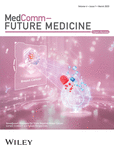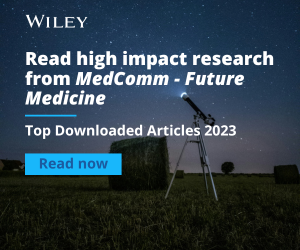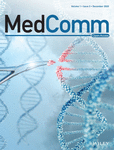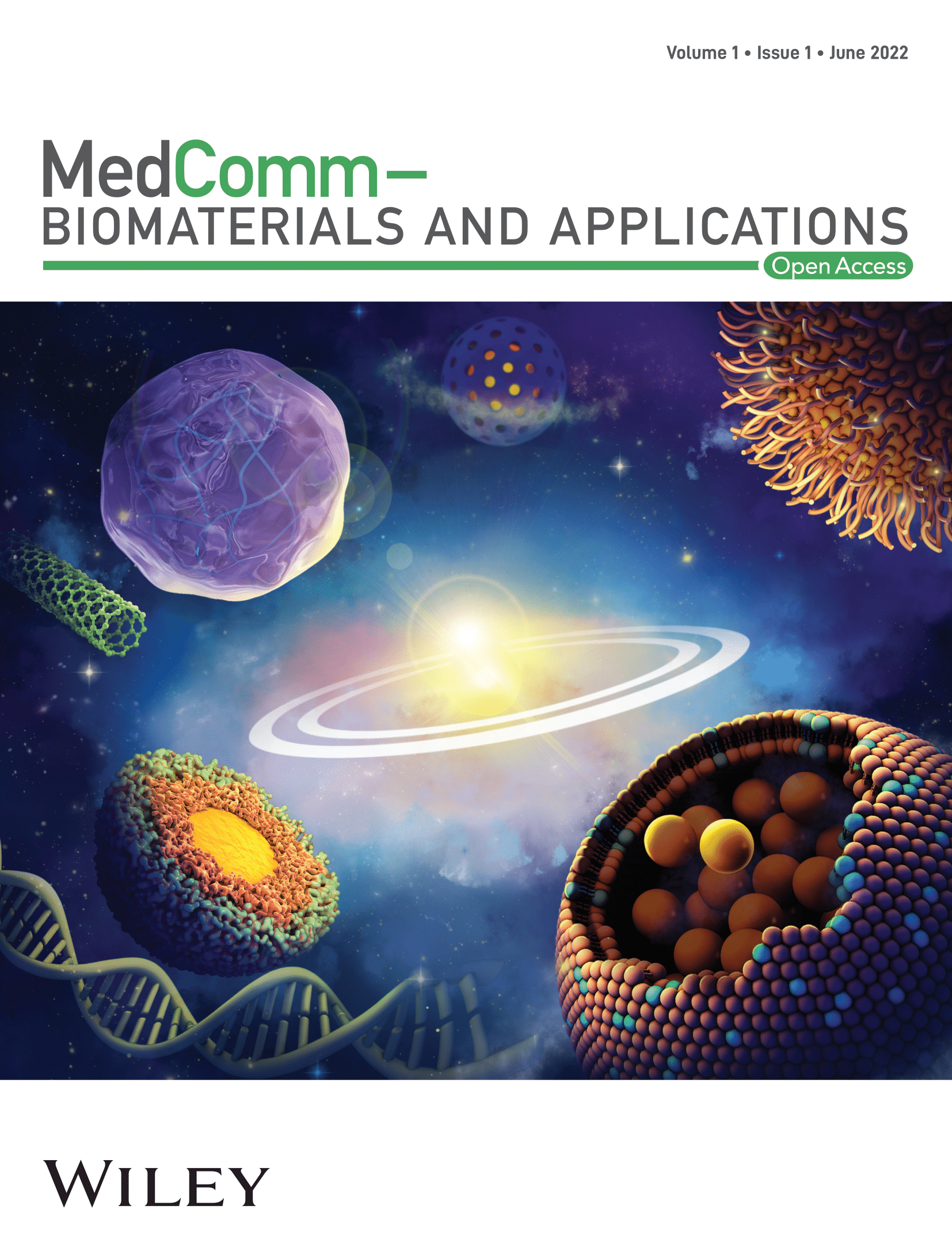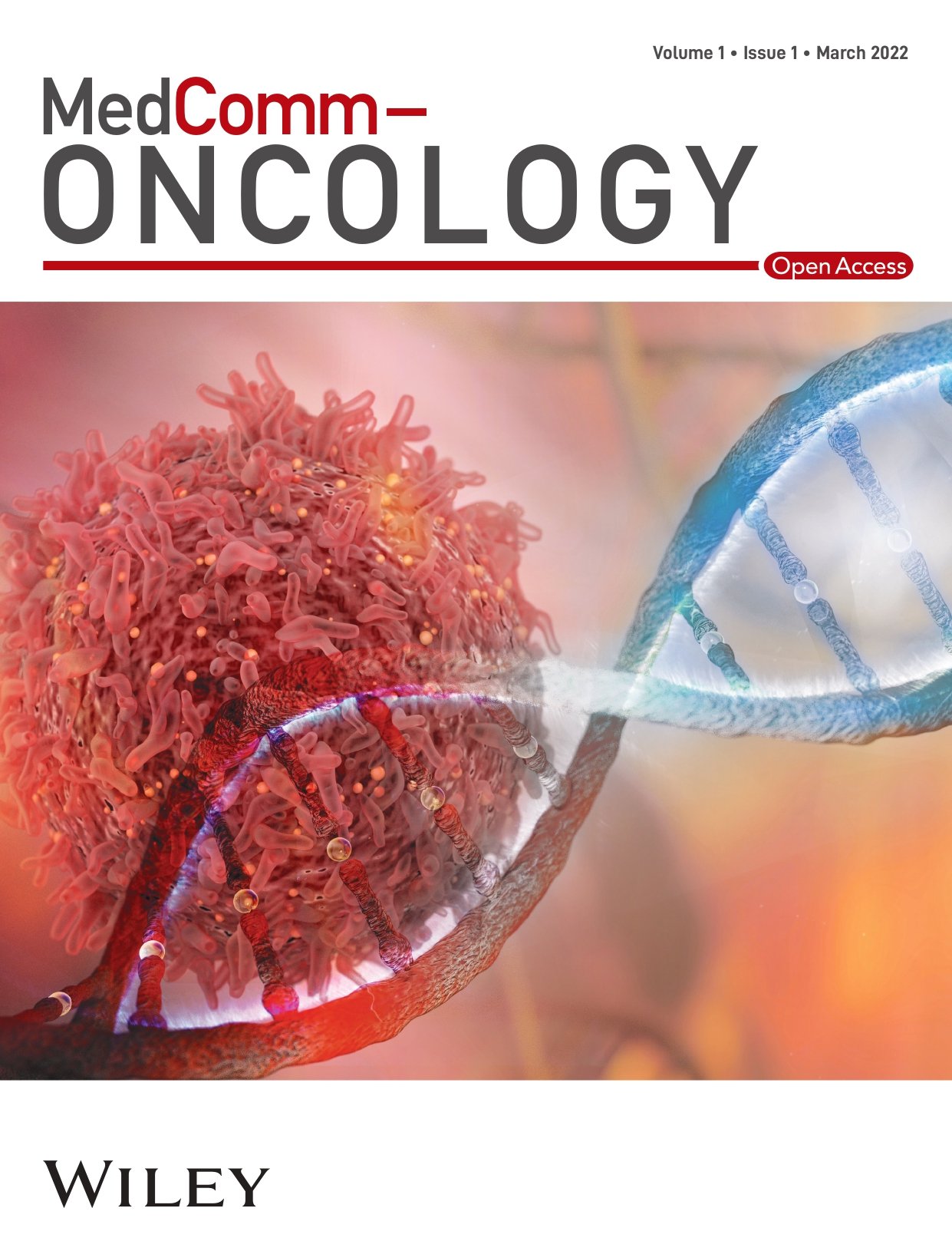Journal list menu
Export Citations
Download PDFs
ISSUE INFORMATION
REVIEW ARTICLE
Stem Cell-Derived Exosomes as Nanotherapeutics for Inflammatory Diseases
- First Published: 23 March 2025
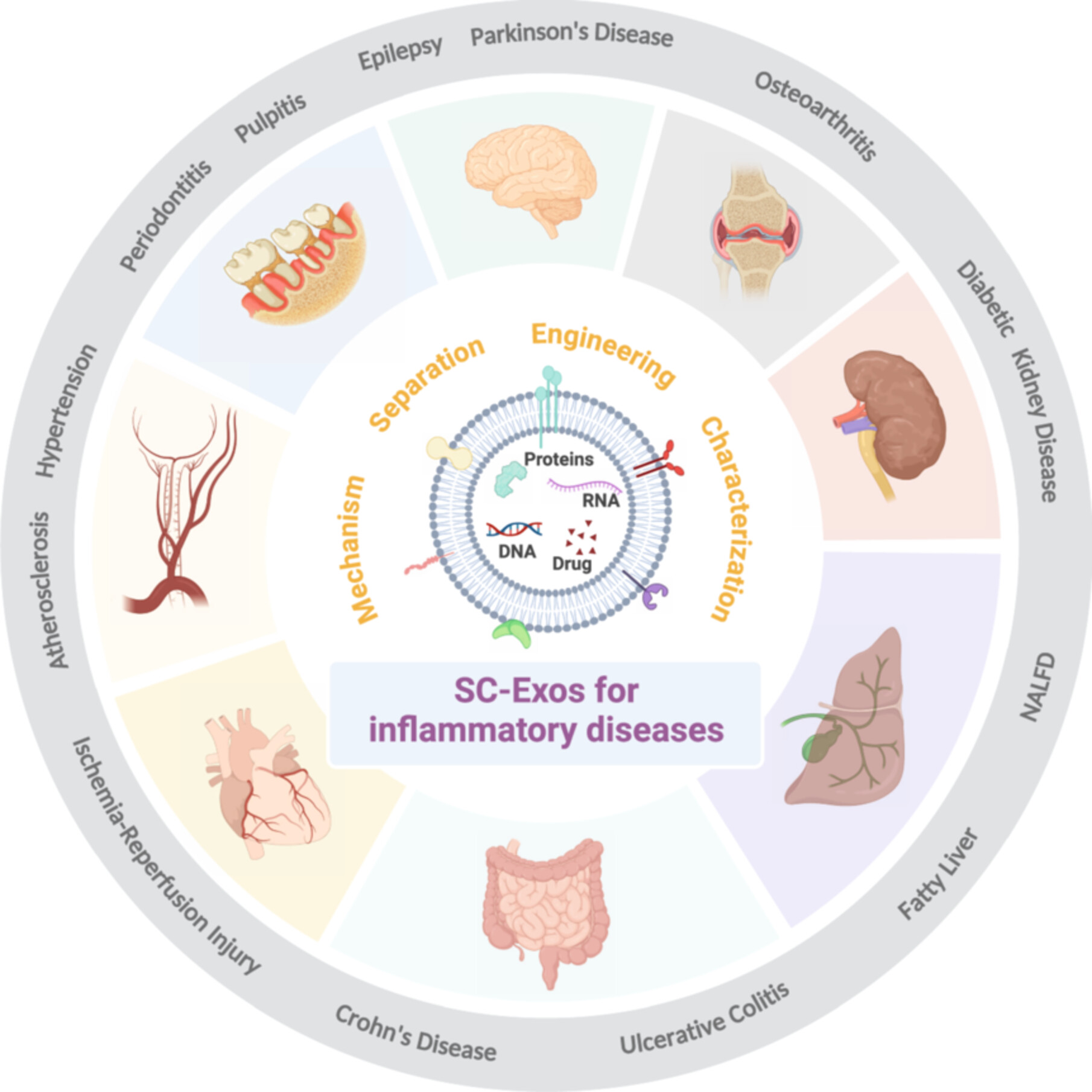
Inflammatory diseases pose significant threats and may even lead to the development of cancer. Owing to their immunomodulatory and regenerative properties, nanoscale stem cell-derived exosomes (SC-Exos) and relative engineered ones show potential as a novel nanotherapeutic strategy for inflammatory diseases. This review systematically summarizes the mechanisms of SC-Exos, outlines various engineering methods, and presents application cases, thereby offering new insights for the treatment of inflammatory diseases.
ORIGINAL ARTICLE
Integrated Analysis of Cuproptosis Regulators Reveals Prognostic Significance and Therapeutic Targets in IDH1 Mutant Glioma
- First Published: 10 March 2025
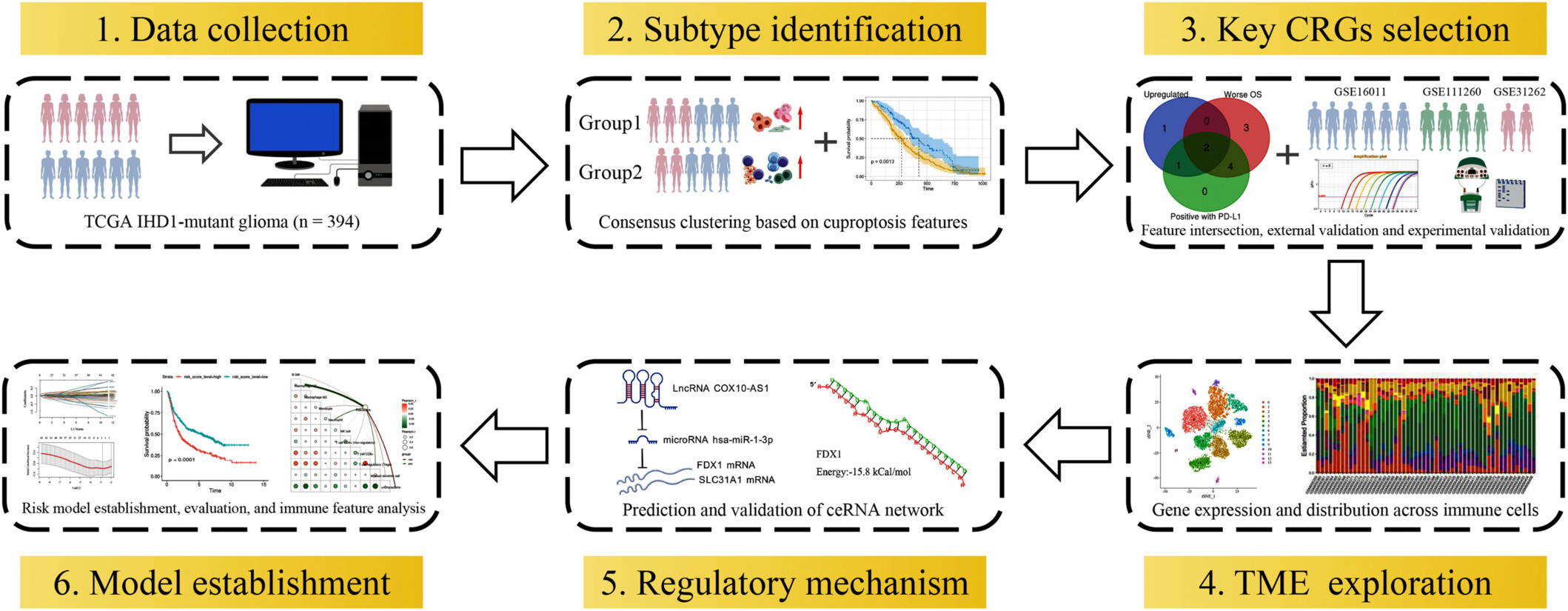
This study performed a comprehensive analysis of cuproptosis-related genes (CRGs) in IDH1-mutant glioma samples from the TCGA database. Two novel IDH1-mutant glioma subtypes were identified based on CRG expression patterns. FDX1 and SLC31A1 were identified as key regulators. Immune microenvironment characteristics, regulatory mechanisms, and a prognostic risk model were thoroughly analyzed.
HIGHLIGHT
Lithocholic Acid Activates TULP3-Sirtuin-v-ATPase-AMPK Axis to Enhance Longevity
- First Published: 24 March 2025
REVIEW ARTICLE
Neoadjuvant Strategies for Triple Negative Breast Cancer: Current Evidence and Future Perspectives
- First Published: 07 March 2025
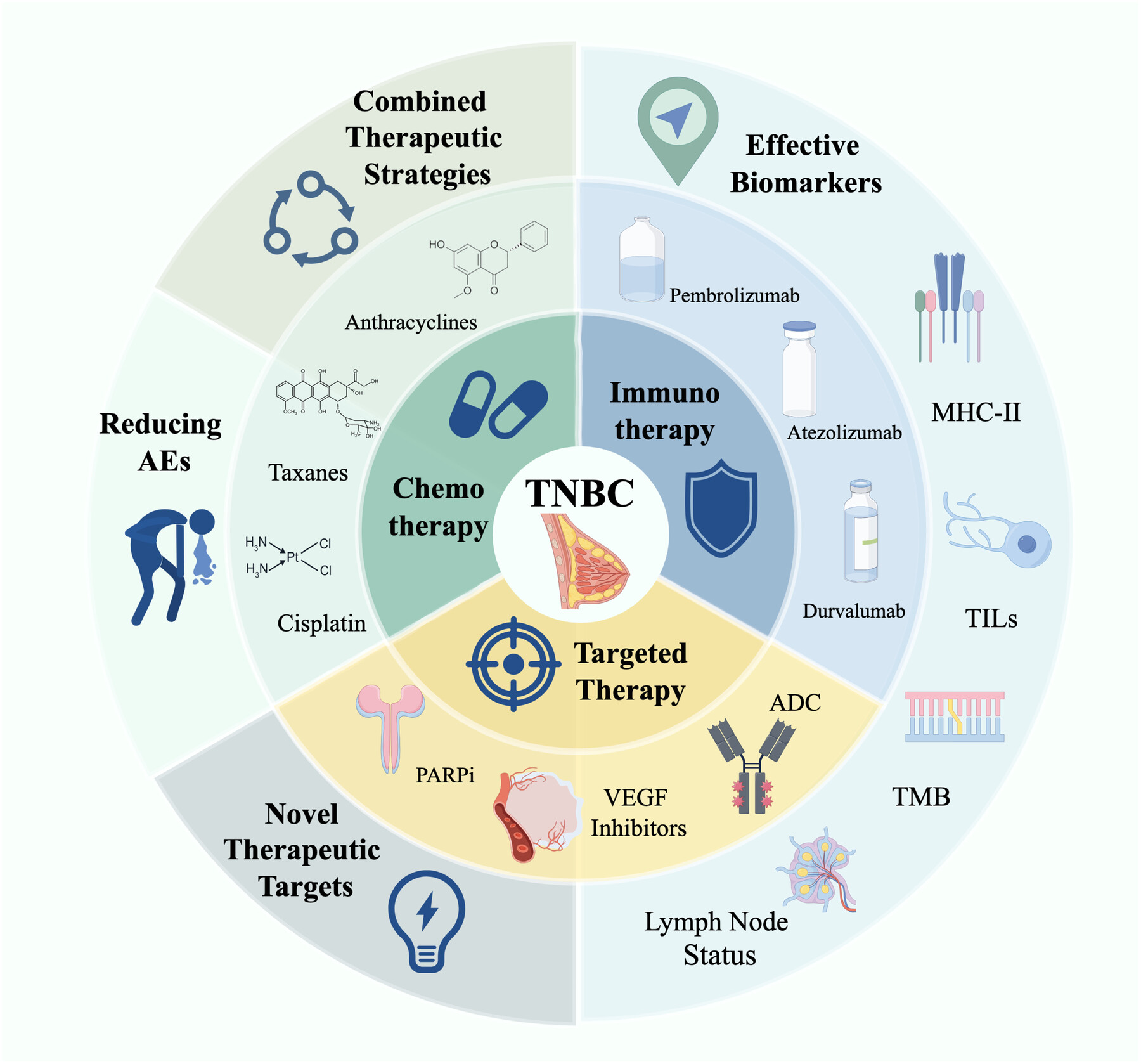
This figure centers on triple-negative breast cancer (TNBC), presenting the current neoadjuvant treatment strategies and future research directions. This figure highlights neoadjuvant strategies for TNBC, showcasing chemotherapy (anthracyclines, taxanes, cisplatin), targeted therapies (PARP inhibitors, VEGF inhibitors, ADCs), and immunotherapies (ICIs, TILs), with a focus on efficacy, biomarkers, novel targets, and reducing adverse effects to improve outcomes and quality of life.
HIGHLIGHT
Tumor-Derived Autophagosomes Coated With Nanodots as Future Personalized Cancer Vaccines
- First Published: 25 February 2025
LETTER
Case series: Brolucizumab efficacy and safety in treating neovascular age-related macular degeneration
- First Published: 12 January 2025
COVID-19-Associated White Lung Correlates With the Dysfunctional Neutrophil Response Revealed by Single-Cell Immune Profiling
- First Published: 27 January 2025
ORIGINAL ARTICLE
Machine-learning-based integration of tumor microenvironment features predicting immunotherapy response
- First Published: 27 January 2025
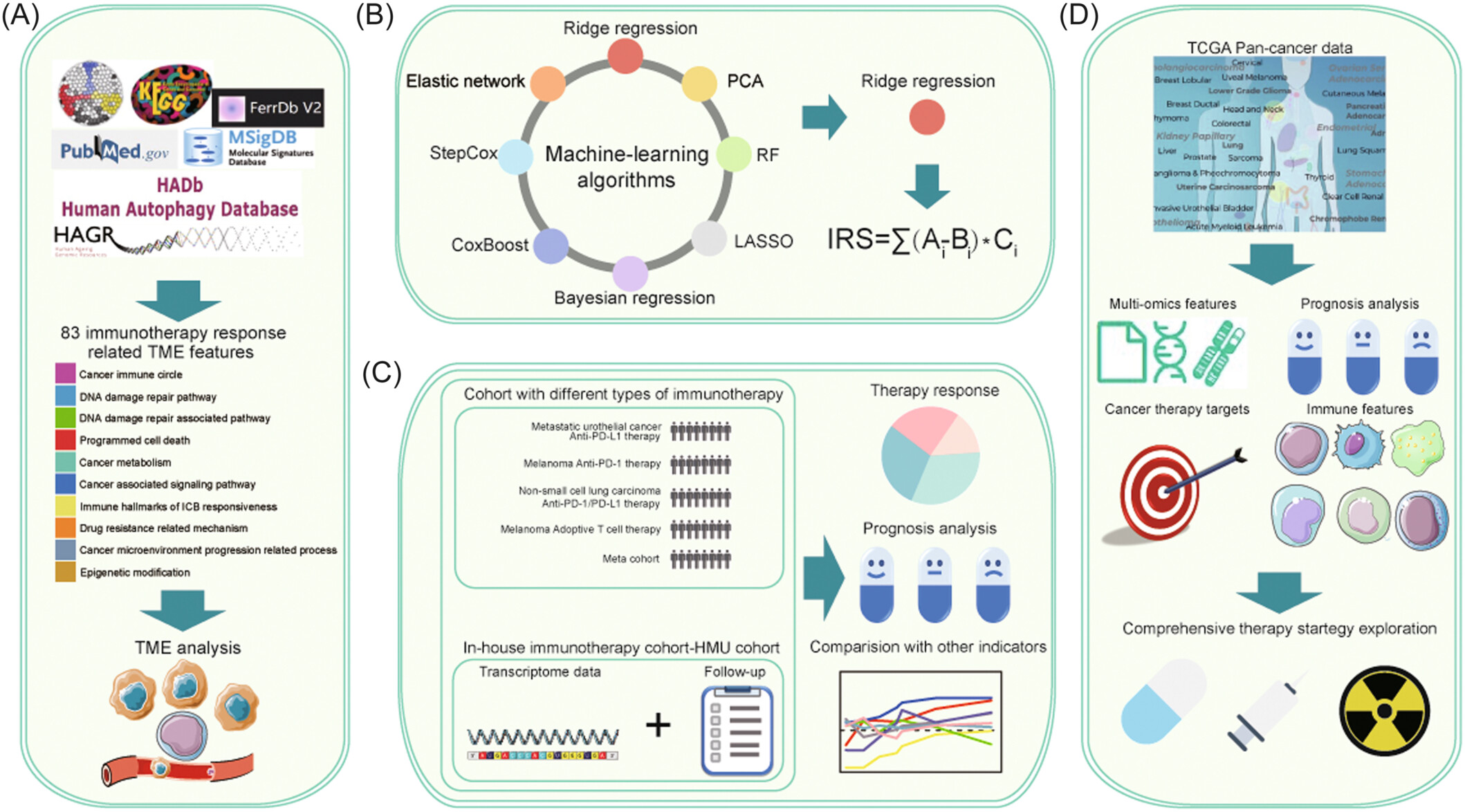
Study overall design. (A) The evaluation of tumor microenvironment (TME) based on the 83 immunotherapy responsiveness-related features. (B) The construction of immunotherapy resistance score (IRS) based on the integrated machine learning methods. (C) The effectiveness of IRS was validated based on the published immunotherapy cohorts and the Harbin Medical University cohort. (D) IRS can be applied in the exploration of comprehensive treatment strategies across different cancer types.
Long-Term Clinical Outcomes of Treatments for In-Stent Chronic Total Occlusions: A Real-World Study Based on Different Strategies of Revascularization
- First Published: 15 February 2025
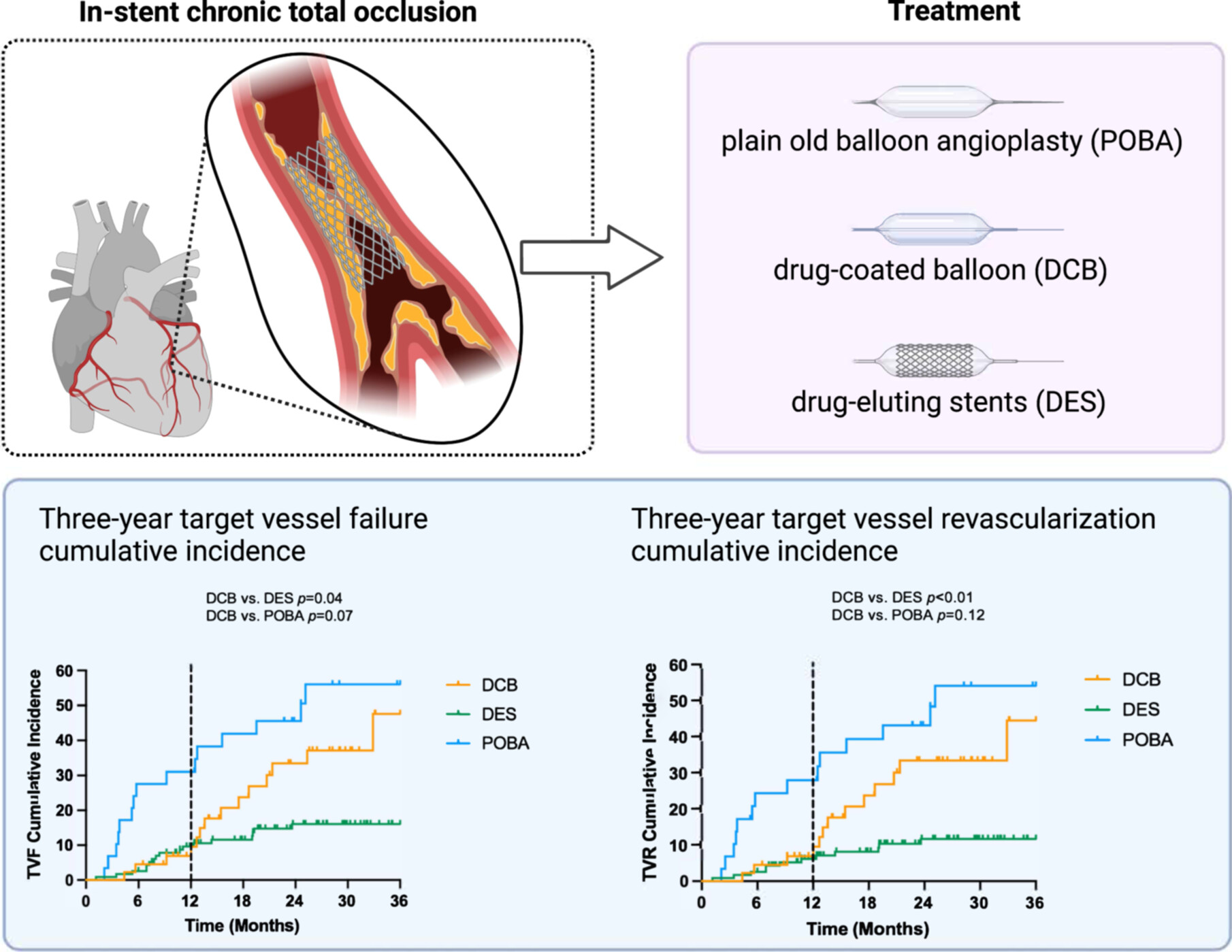
This first retrospective cohort study on long-term in-stent chronic total occlusion (IS-CTO) outcomes after prior drug-eluting stent (DES) found that, although drug-coated balloon (DCB) offered attractive short-to-midterm results by avoiding extra metallic layers, it had higher adverse outcomes than DES long-term. DES demonstrated sustained benefits, suggesting it may be the better option for IS-CTO management, providing crucial evidence for interventional strategies. This figure was created in https://BioRender.com.




